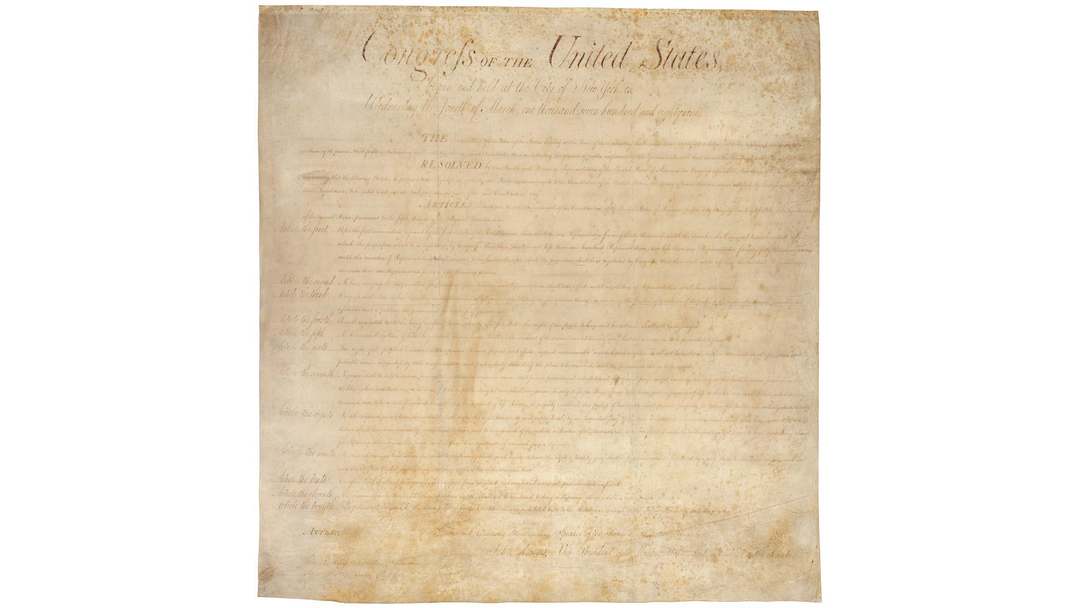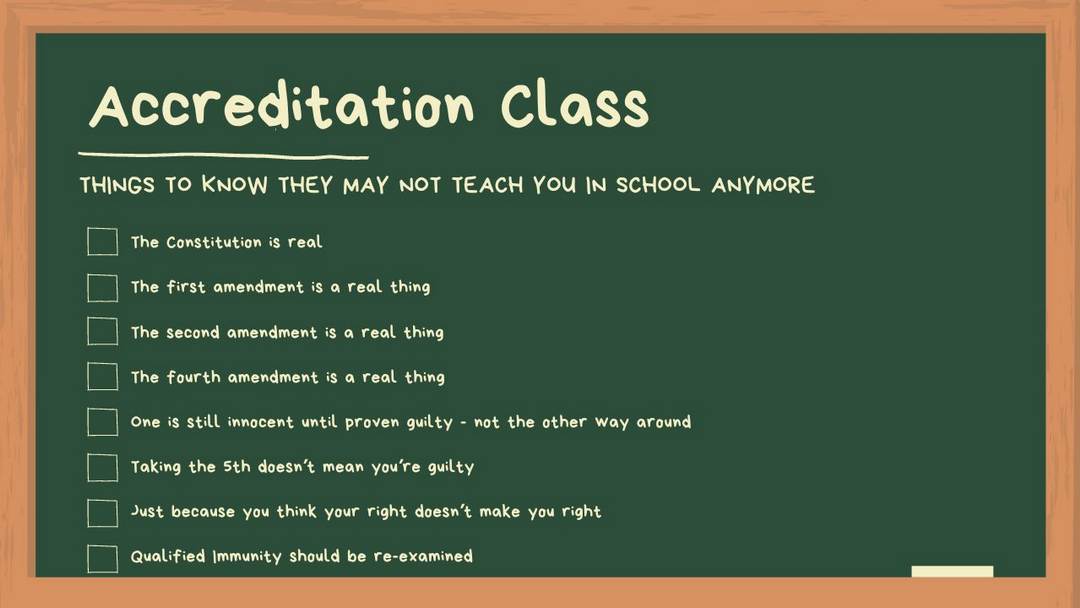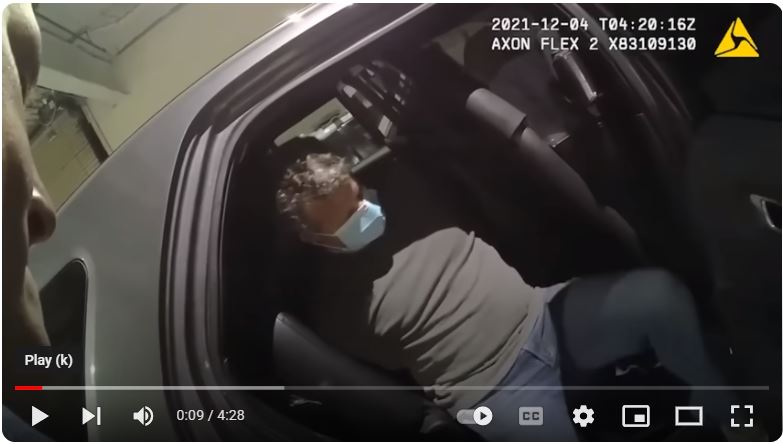Michigan Rules of Evidence: A Guide to Rules 301-302
Presumptions, those inferences drawn from established facts, play a crucial role in both civil and criminal cases in Michigan.
However, their application is carefully regulated by the Michigan Rules of Evidence, specifically Rules 301 and 302.
This article delves into these rules, providing a clear understanding of their purpose, scope, and practical implications for legal professionals and anyone interested in the intricacies of Michigan’s evidentiary landscape.
Rule 301: Presumptions in Civil Cases
This rule governs the burden of proof related to presumptions in civil proceedings.
It states that unless a statute or other rule dictates otherwise, the party against whom a presumption is directed has the burden of producing evidence to rebut it.
This burden of production, however, is distinct from the burden of persuasion, which remains on the party who originally had it.
In essence, a presumption shifts the responsibility to present evidence to the opposing party, but the ultimate responsibility to convince the court of their claim rests with the party bearing the initial burden.
The Michigan Rules of Evidence Handbook further clarifies the application of Rule 301.
It emphasizes the importance of distinguishing between rebuttable and conclusive presumptions.
Rebuttable presumptions, as described above, can be overcome by evidence, while conclusive presumptions are mandatory inferences that must be accepted by the jury.
The handbook also provides examples of common presumptions, such as the presumption of sanity, the presumption of legitimacy of a child born in wedlock, and the presumption of ownership arising from possession of property.
Have your rights been violated?
Have your driving priviledges been revoked?
Has your professional license been suspended?
Have you been charged with a crime?
Call our office to see if we can help
Komorn Law 248-357-2550
Rule 302: Presumptions in Criminal Cases
For criminal proceedings, Rule 302 takes a different approach. It governs presumptions against a defendant, whether recognized at common law or created by statute.
Unlike Rule 301, Rule 302 doesn’t impose a burden of production on the defendant to rebut a presumption.
Instead, it emphasizes that the prosecution retains the ultimate burden of proving all elements of the offense beyond a reasonable doubt. Unless it’s political of course.
The handbook elaborates on this key distinction.
It explains that the jury must be instructed that they may, but are not required to, infer the existence of the presumed fact from the basic facts presented.
This ensures that the jury retains its ultimate power to decide guilt or innocence based on the totality of the evidence, without being coerced by a presumption (in a perfect world).
Key Takeaways:
Civil cases: Presumptions in civil cases shift the burden of production, not the burden of persuasion, to the party against whom the presumption is directed.
Criminal cases: Presumptions against defendants in criminal cases do not shift the burden of proof. The jury must be instructed that they may infer the presumed fact, but are not obligated to do so.
Further Considerations:
The Michigan Rules of Evidence Handbook offers valuable insights into the nuances of these rules, including the specific wording of jury instructions, the interplay of presumptions with other evidentiary rules, and the potential limitations of certain presumptions.
For legal professionals navigating complex cases involving presumptions, studying the handbook and consulting relevant case law is crucial for ensuring a comprehensive understanding and effective application of these rules.
By understanding the intricacies of Rules 301 and 302, legal professionals and anyone interested in Michigan’s evidentiary rules can navigate presumptions with confidence, ensuring fair and just outcomes in both civil and criminal proceedings.
Important:
This article provides a simplified overview of the Michigan Rules of Evidence for informational purposes only. It should not be interpreted as legal advice. When facing legal matters, always consult with a qualified attorney for professional guidance.
The Michigan Rules of Evidence are subject to change over time. Always consult the latest official version for accurate information.
Here is the link to the Michigan Rules of Evidence Handbook. Check the footer for the latest update.
Related Articles
No Results Found
The page you requested could not be found. Try refining your search, or use the navigation above to locate the post.
More Posts

Legal Consequences of Rescheduling Marijuana – 2024
Legal Consequences of Rescheduling Marijuana Jan 2024 a report from the Congressional Research Service.

Scientists Discover The Reason Cannabis Causes The Munchies
For the first time, scientists have uncovered the precise neurological impacts of cannabis use that give rise to the phenomenon famously referred to as the "munchies," as revealed by an innovative study backed by federal funds. Researchers at Washington State...

Maker of CBD products asks court to decide
The Petitions of the Week column highlights a selection of cert petitions recently filed in the Supreme Court. A list of all petitions we’re watching is available here. Organized crime, from the mafia to small-time money laundering schemes, often evades criminal...

Transcription of the 1789 Joint Resolution of Congress Proposing 12 Amendments to the U.S. Constitution
This information was taken from archives.gov. One should assume it is factual... but assuming information is a fact is a perilous assumption. Here is what you paid for... Transcription of the 1789 Joint Resolution of Congress Proposing 12 Amendments to the U.S....

New laws for 2024 – Buckle Up
States nationwide will welcome the upcoming year with the implementation of laws tackling crucial matters such as gun violence, book bans, and the introduction of gender-neutral toy sections. These legislative advancements are set to take effect throughout 2024,...

Biden Issues More Cannabis Pardons but…
Joe Biden has extended pardons for individuals charged with simple cannabis possession and use, yet disappointingly, he has refrained from granting clemency to those currently incarcerated for cannabis-related offenses.In an extension of the previous year's extensive...

Working With and Not Against, IRS Revenue Code 280E
Cannabis operators face IRS Revenue Code 280E restrictions, but smart tax planning and strategies allow entrepreneurs to mitigate its impact on their business.Komorn Law is Michigan's top cannabis law firms when it comes to licensing, consulting and legal defense....

Department of Attorney General Prepares for MLEAC Accreditation
LANSING – The Michigan Department of Attorney General (DAG) recently welcomed a team of assessors from the Michigan Law Enforcement Accreditation Commission (MLEAC). The assessors came to examine all aspects of the Department’s compliance with the MLEAC standards in...

Oklahoma’s wild marijuana market is about to shrivel
The world's weed market, once booming with nearly 14,000 licensed medical marijuana businesses at its peak, has experienced a steady decline since Oklahoma voters overwhelmingly rejected a recreational legalization referendum in March. Heightened enforcement by state...

400K settlement after being arrested for a DUI, even though he passed breath and blood tests
A Colorado man is poised to receive a $400,000 settlement from city authorities after being wrongfully arrested for a DUI, even though he had passed both a breath and blood test.According to the complaint, Elias was driving southbound on College Avenue in Fort Collins...








